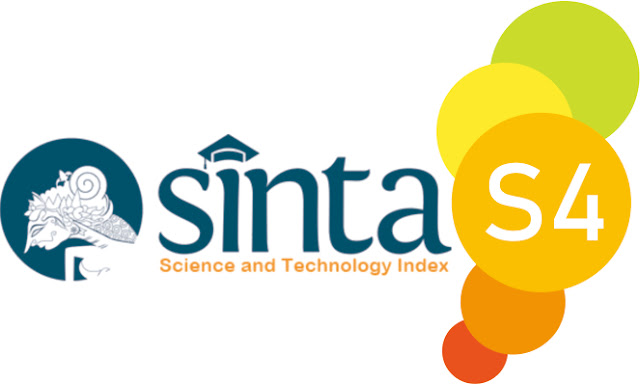Hubungan Sanitasi Lingkungan Rumah dengan Kejadian Tuberkulosis Paru Di Wilayah Kerja Puskesmas Maccini Sawah Kota Makassar Tahun 2015
DOI:
https://doi.org/10.53861/lontarariset.v1i1.28Kata Kunci:
Pulmonary TB incidence, Ventilation, Lighting, Density Residential, Contacts HomeAbstrak
Tuberculosis (TB) is an infectious disease directly caused by the bacterium Mycobacterium tuberculosis and is one of the infectious diseases infeksikronis a public health problem. Based on data from TB patients in health centers in 2014 Maccini findings of TB patients reached 58 souls were smear positive.
The purpose of this research is knowing the relationship sanitary home environment with pulmonary TB incidence in Puskesmas Maccini Rice Makassar Year 2015. This type of research is observational analytic cross sectional study using the Chi-Square which aims to find a significant relationship between the variables independent and dependent variable. The sample in this study amounted to 53 homes with sampling purposive sampling.
Conclusions showed no significant relationship between ventilation, lighting, residential density, and household contact with pulmonary TB incidence, but theoretically highly correlated. Results of statistical test by using Chi-Square values obtained p> ? = 0:05 namely p = 0.192, p = priceless, p = 0.827, p = 0.421.
Unduhan
Unduhan
Diterbitkan
Cara Mengutip
Terbitan
Bagian
Lisensi
Lontara Journal Of Health Science And Technology is licensed under Creative Commons.
The journal allows the author to hold the copyright of the article without restrictions.
The journal allows the author(s) to retain publishing rights without restrictions.
The legal formal aspect of journal publication accessibility refers to Creative Commons Attribution 4.0 International (CC BY 4.0).
The Creative Commons Attribution 4.0 International (CC BY 4.0) license allows re-distribution and re-use of a licensed work on the conditions that the creator is appropriately credited and that any derivative work is made available under “the same, similar or a compatible license”. Other than the conditions mentioned above, the editorial board is not responsible for copyright violations.











